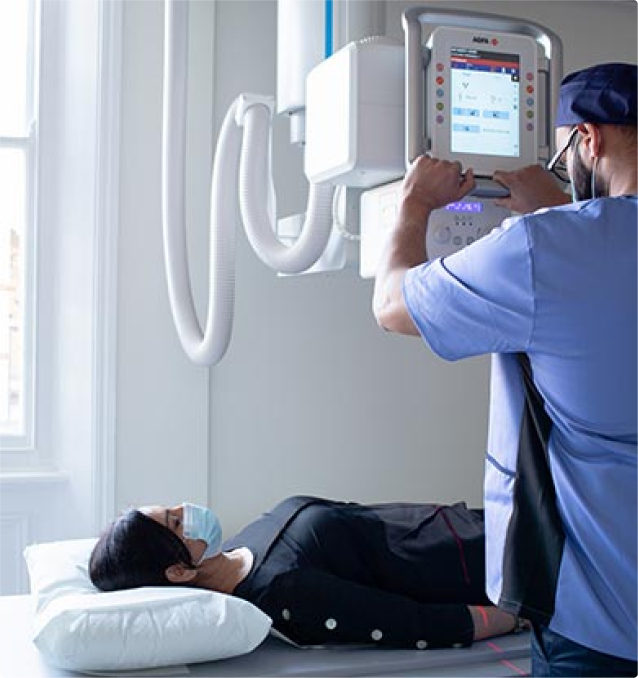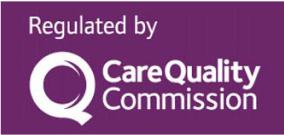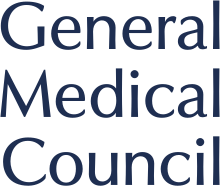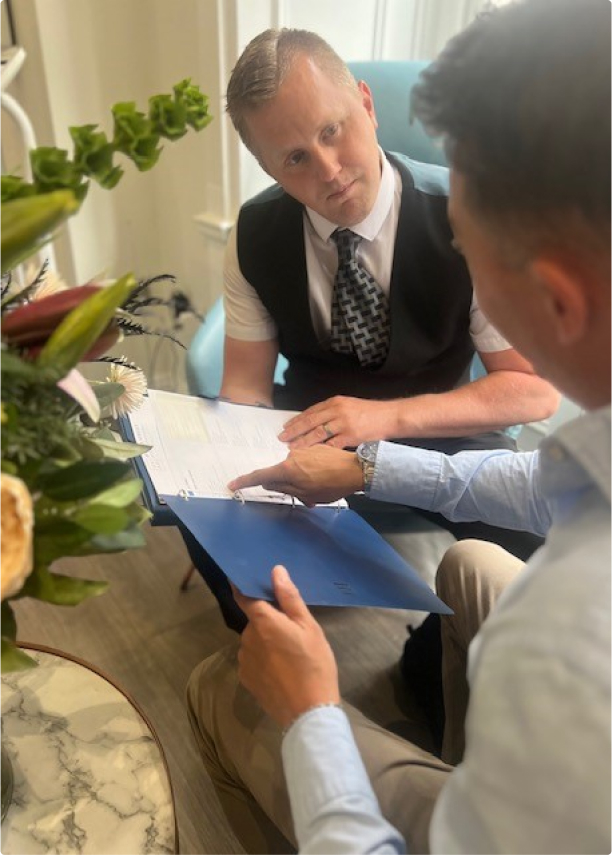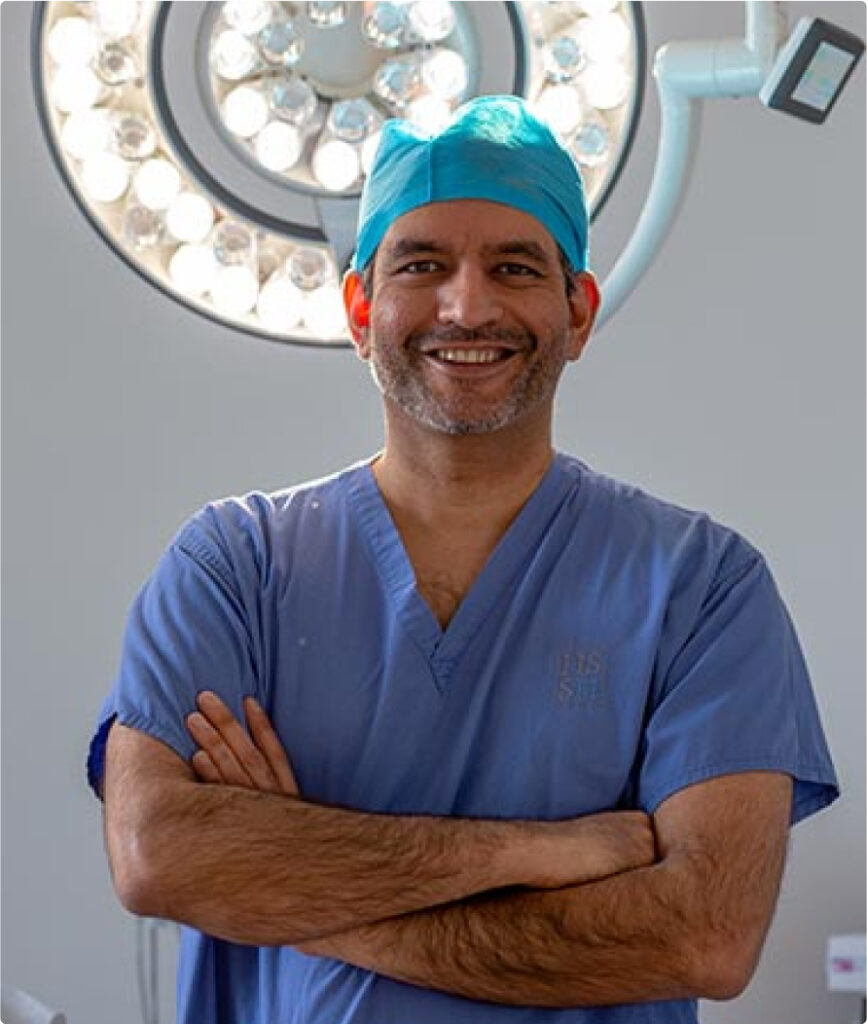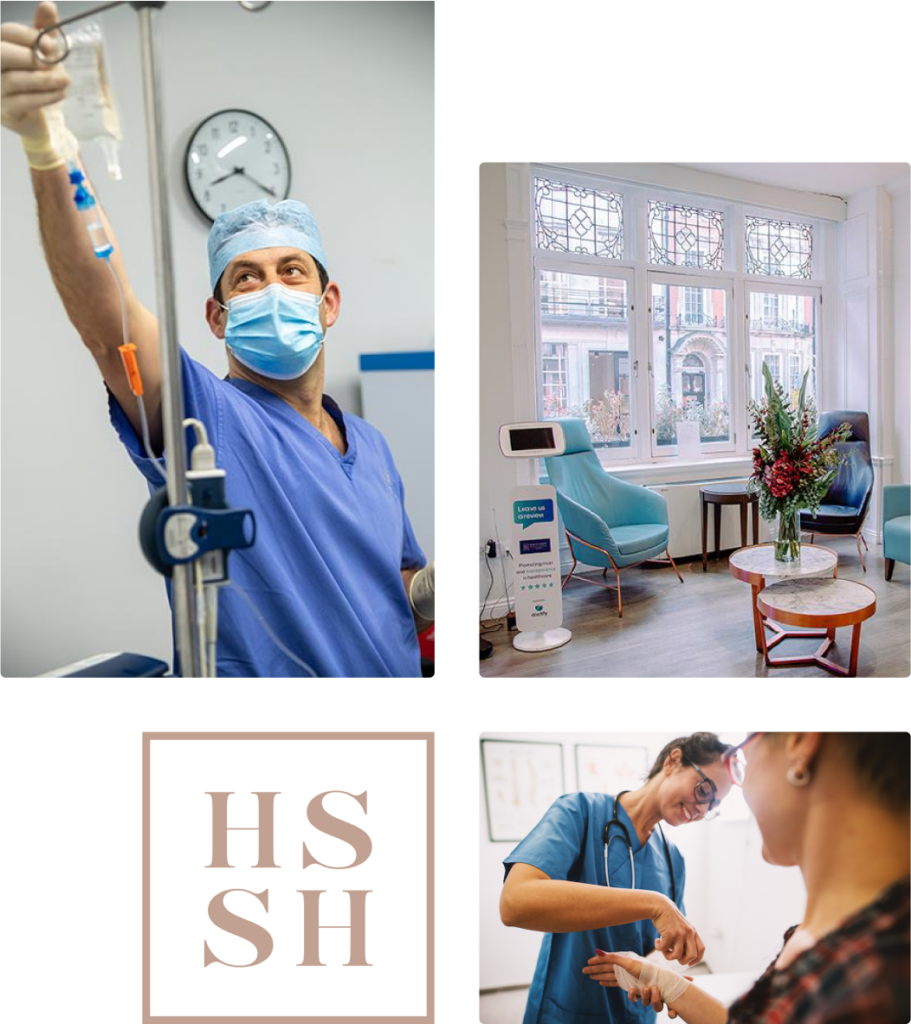Award winning Specialist
Knee Arthroscopy London

Knee arthroscopy is a minimally invasive surgical procedure designed to diagnose, treat, and eliminate knee pain. With the aid of a small camera and narrow surgical instruments, knee arthroscopy is a proven knee pain treatment that requires minimal downtime and offers exceptional results. Learn more about getting a knee arthroscopy at Harley Street Specialist Hospital below.




